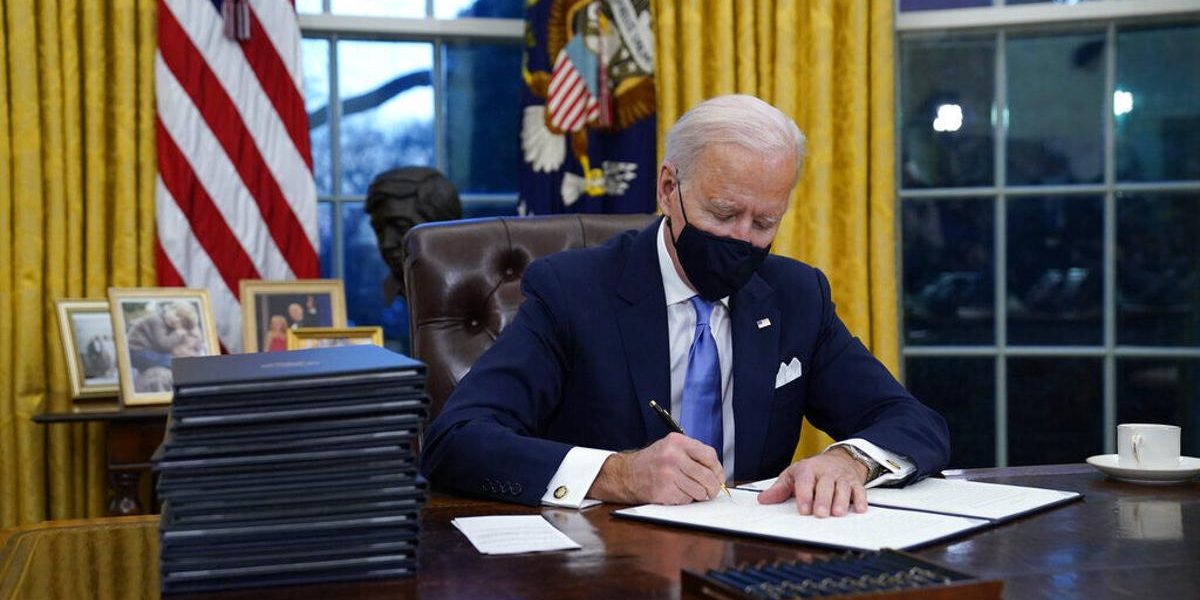President Joe Biden to reverse Trumps abortion access restriction

President Joe Biden is due to sign executive orders on Thursday aimed at rolling back some of the Trump administration’s most far-reaching abortion restrictions, including one denying U.S. aid to health groups abroad that provide information about the procedure, according to a White House document and three sources familiar with the plans. The actions will begin restoring federal support to abortion providers and organizations that offer abortion counseling while promoting the new administration’s reproductive rights agenda on the global stage.
Biden will be fulfilling a campaign promise in the memorandum, rescinding the so-called Mexico City Policy, a ban on US government funding for foreign nonprofits that perform or promote abortions. The Trump administration reinstated the restriction in 2017 by the presidential memorandum and then extended it to cover all applicable US global health funding. That made some $9.5 billion in aid for everything from HIV treatment to clean water projects and child immunizations contingent on groups agreeing not to discuss or perform abortions.
The memorandum will also direct the Health and Human Services Department to immediately move to consider rescinding the Trump administration rule blocking health care providers in the federally funded Title X family planning program from referring patients for abortions.
Taken together, the actions show an administration receptive to at least the initial requests of advocates eager to codify a new era of abortion protections after the prior administration took restrictions on the procedure to unprecedented levels.
The Biden administration’s announcement coincides with the eve of anti-abortion activists holding the annual March for Life event on Friday though this year it will be virtual. Former President Donald Trump made history in 2020 by being the first sitting President to participate in the event, which for decades has drawn large crowds of supporters each year to the National Mall.
The moves come as health care providers, reproductive rights groups and progressive lawmakers seek a more permanent end to longstanding barriers to the procedure.



